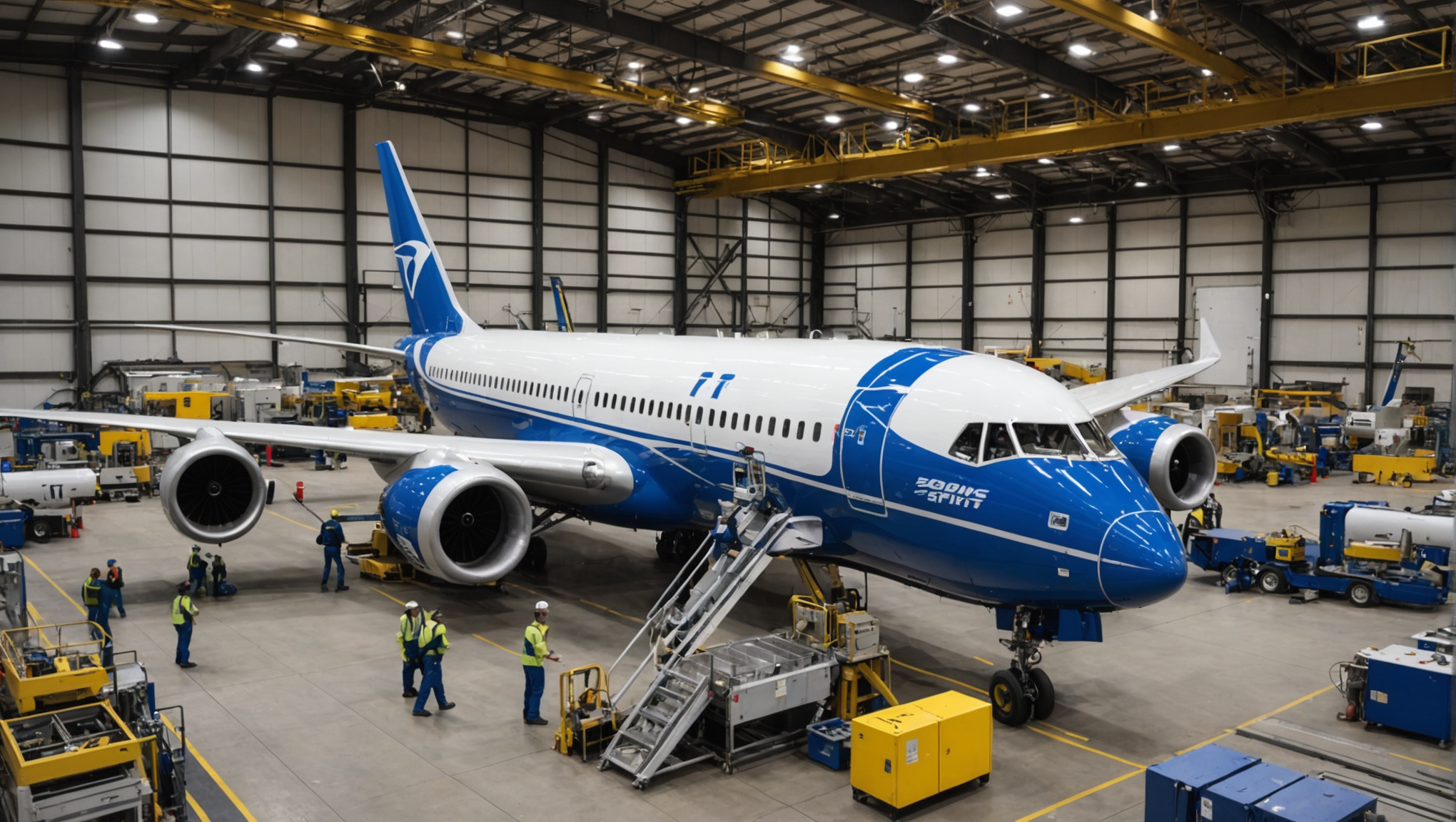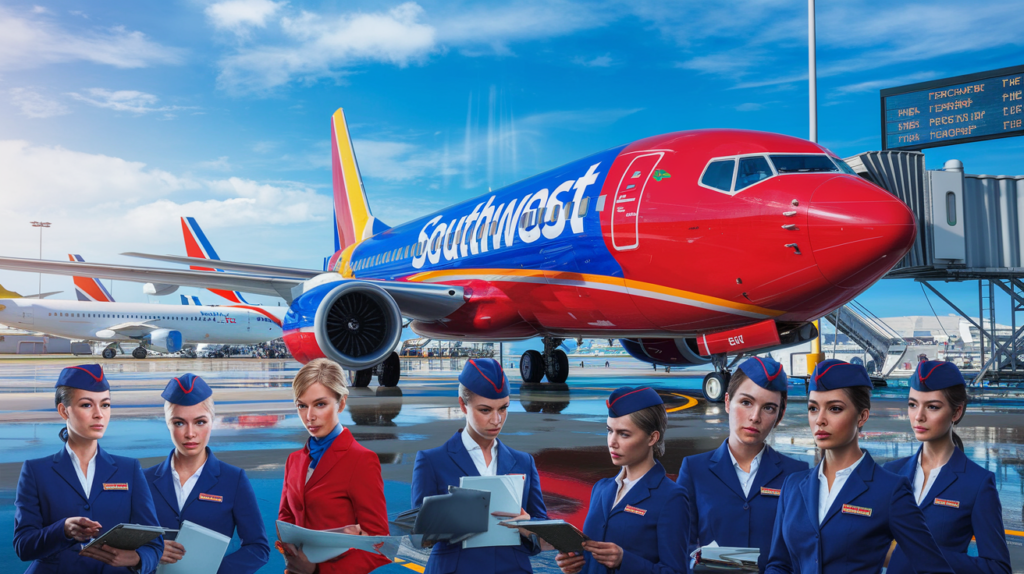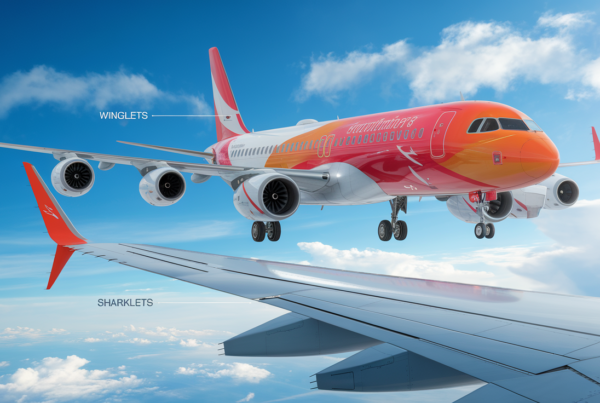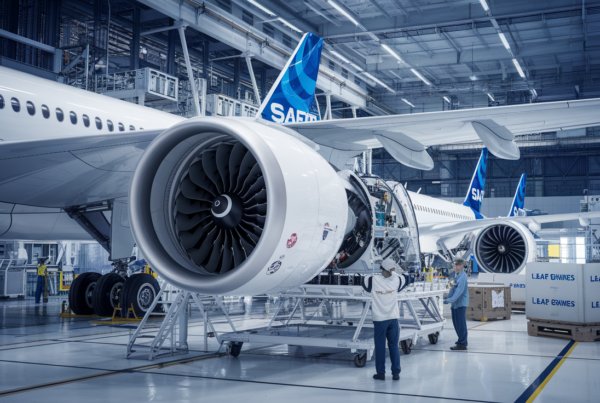Boeing's recent $8.3 billion takeover of Spirit AeroSystems has shaken up the aerospace industry. This major acquisition is provoking strong reactions and raising questions about the future of these two industry giants.

The American giant Boeing recently announced the acquisition of Spirit AeroSystems for $8.3 billion, a transaction that marks a major turning point in theaeronautics industry. This strategic operation is designed to strengthen Boeing's position in the face of increased competition and growing demand.
Why is this a strategic acquisition?
Spirit AeroSystems is a key supplier of structural components for aircraft, including fuselages, wings and engine nacelles. By integrating this company, Boeing is consolidating its production network and ensuring greater control over its supply chain. This vertical integration should help reduce costs and optimize production lead times, crucial aspects in a competitive environment.
Impact on competitors and partners
Boeing's acquisition has not gone unnoticed by its competitors, in particular Airbus. Airbus has also decided to secure some of its activities by acquiring part of the assets of Spirit AeroSystems. As a result, the two aviation giants now share the resources of this strategic supplier. For further information, please visit La Tribune.
Financial elements of the transaction
The purchase price of $8.3 billion reflects the importance of Spirit AeroSystems in Boeing's value chain. This amount includes the company's debt as well as various financial obligations. The transaction is expected to be financed partly by available cash and partly by borrowings, with varying implications for Boeing's balance sheet.
Expected benefits
Boeing's acquisition of Spirit AeroSystems is expected to generate several strategic advantages:
- Optimizing production costs
- Tighter control over the supply chain
- Shorter lead times
- Improved component quality and reliability
Impact on the job market
This acquisition should also have an impact on the job market in the aerospace sector. Boeing plans to integrate Spirit AeroSystems' employees into its ranks, which could generate employment opportunities and offer greater stability for workers in the industry.
Key points of the acquisition
| Key points | Details |
| Transaction amount | 8.3 billion dollars |
| Key supplier | Spirit AeroSystems |
| Asset sharing | Boeing and Airbus |
| Cost reduction | Yes, vertical integration |
| Jobs | Stability and new opportunities |
To find out more about the implications of this acquisition and the prospects it opens up for Boeing and Airbus, visit the detailed articles on Le Figaro and La Libre.
On the same theme
Airline sector: Should the debate on the guarantee fund be relaunched?
European Union ministers have met to discuss the creation of a guarantee fund to cover airline defaults, a subject long abandoned. Although this grouping does not promise immediate action, its importance lies...
Guillaume Faury to head GIFAS for another term
Guillaume Faury has been reappointed to head the Groupement des Industries Françaises Aéronautiques et Spatiales (GIFAS) for a further term. This decision recognizes his commitment and expertise in the aerospace sector. Under his...
Boeing: MAX delivery delays lead to Southwest downsizing
Delays in delivery of the Boeing MAX have led Southwest Airlines to revise its financial plans for 2024. Initially, the company had hoped to receive 85 new aircraft this year, but forecasts have been revised downwards. Faced with these challenges,...







